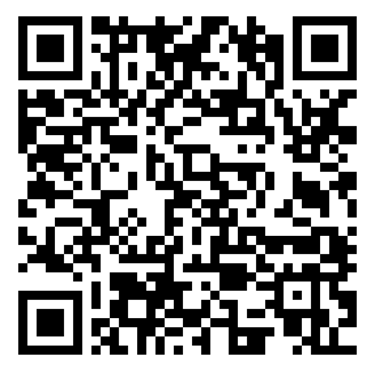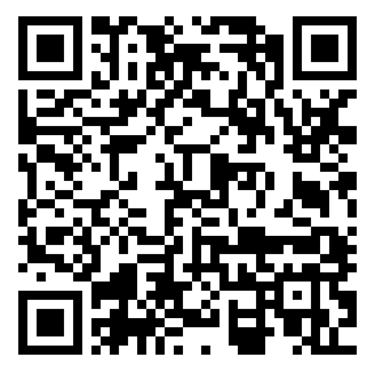WHAT TO DO WHEN ICE SHOWS UP: COMMUNITY PREPAREDNESS RESOURCES
This information is free to download and reminds you of the rights that everyone has. This is for informational purposes only and is not legal advice. Click these links to find the information you are looking for:

ASSERTING YOUR RIGHTS IN SPANISH
PROTECT EACH OTHER:
A ZINE BY SOUTH DAKOTA VOICES FOR PEACE
KNOW YOUR RIGHTS FLYERS
These are your rights, whether or not you are a U.S. citizen. The file contains English and Spanish translations.
KNOW YOUR RIGHTS CARDS
These business cards are ready to download and cut out!
WORKPLACE SIGN
Download this sign to clearly designate public and private areas of your workplace.
WORSHIP CENTER PREPAREDNESS: PROTECTING IMMIGRANT WORSHIPPERS
SCHOOL PREPAREDNESS: PROTECTING IMMIGRANT STUDENTS AND STAFF
JUDICIAL WARRANTS
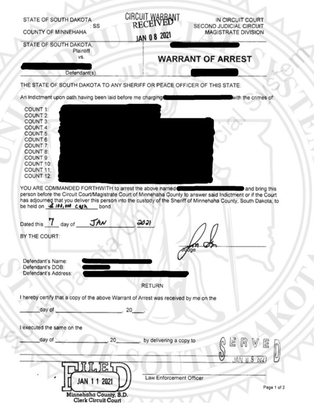

A judicial warrant is a warrant that is signed by a judge and issued by a federal and state court.
Judicial warrants will have a specific time period and address to be searched.
A judicial warrant will specifically name the person they are looking for.
The judicial warrant will have a signature from a judge. Make sure that it says “Judge” below the signature. The top of the paper will also have the word “court” on it.
If you are shown a judicial warrant, you only have to comply with what is written in the signed warrant. You do not have to comply with everything else the officers may ask of you.
ICE WARRANT
An ICE Warrant will be signed by a DHS or ICE official, and DOES NOT COMPLY WITH YOUR CONSTITUTIONAL RIGHTS.
An ICE Warrant might have “Alien” or “Removal” in the title.
Tip #1: If ICE is already inside with an ICE Warrant, you have the right to ask them to leave and tell them you do not consent to them being there.
Tip #2: If you are shown an ICE Warrant, tell the officer that you do not consent. You do not have to open the door for them or let them into the building.
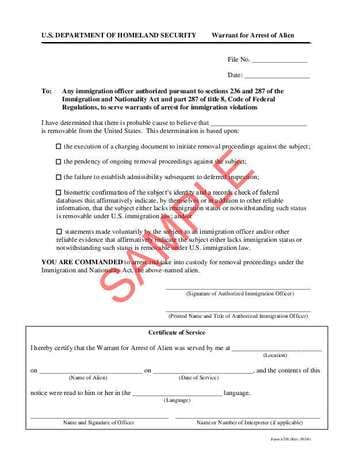

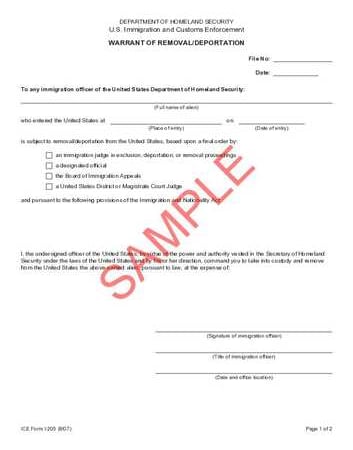

Minnehaha County Jail Money and Phone Procedures
Carcel del Condado de Minnehaha Procedimiento de dinero y teléfono
Inmate accounts
There are three ways that friends or family can deposit money to an inmate’s account:
Go to the Minnehaha County Jail and use the kiosk in the lobby
Deposit cash by talking to the jail staff at the front desk
Deposit money online at www.jailatm.com
The jail cannot accept cashier’s checks, money orders, payroll checks or personal checks. When money has been deposited, inmates can use the kiosk to view their account history, order items, or purchase phone minutes.
Inmate phone use
Each housing unit has a phone available for inmates to use if they have money in their account. Those phone calls may be monitored by jail staff.
Cuenta de los detenidos
Hay tres maneras en las que amigos y familiares pueden depositar dinero a la cuenta de un detenido:
Vaya a la cárcel del condado de Minnehaha y utilice los cajeros en el lobby.
Deposite efectivo hablando con el personal de la cárcel en el escritorio de la cárcel.
Deposite dinero en línea a través de www.jailatm.com
La cárcel no acepta cheques de cajero, money orders o cheques de empleo o personales. Cuando el dinero se deposita los detenidos pueden usar un quiosco adentro para ver su historial de cuenta, movimientos o comprar minutos para llamadas.
Uso del teléfono por los detenidos
Cada unidad tiene un teléfono disponible para los detenidos que pueden usar si tienen dinero en sus cuentas. Esas llamadas pueden ser monitoreadas por el personal de la cárcel.

